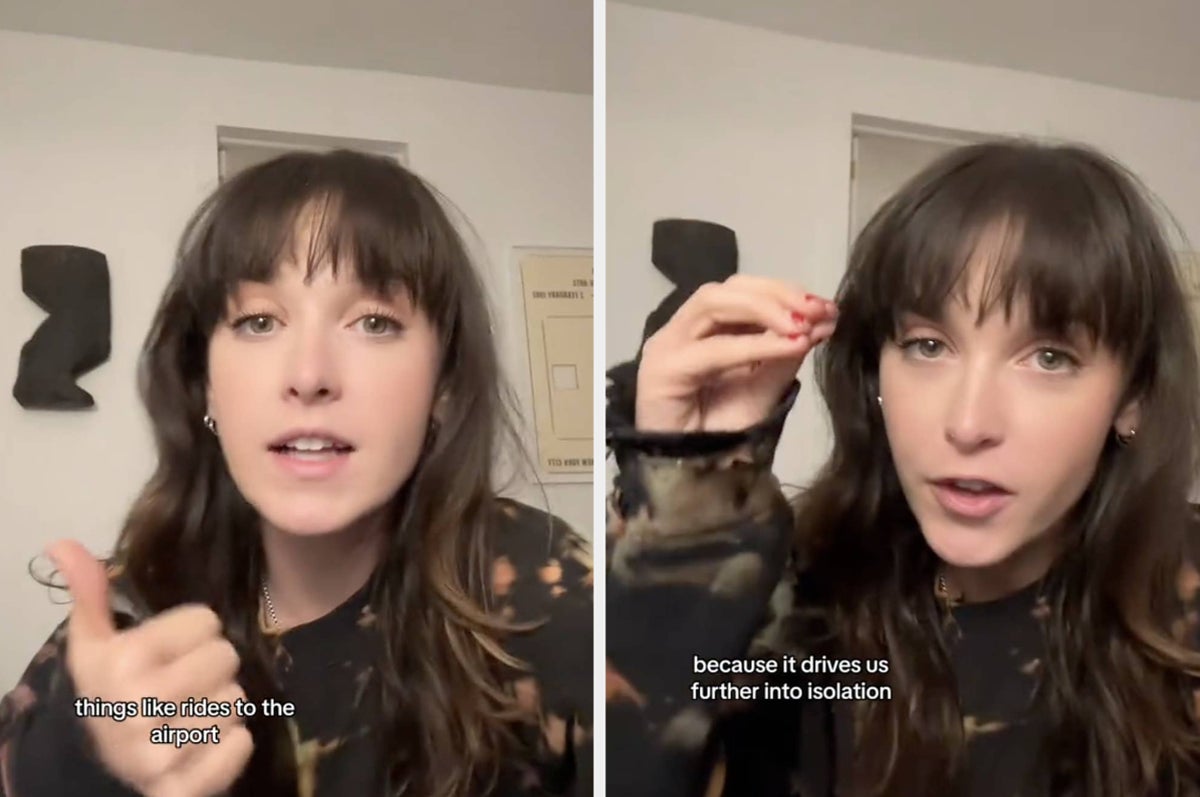Late-Stage Capitalism and the Decline of Social Connections
In the past, people relied on their community for small favors. They would ask friends or neighbors for rides to the airport, cups of sugar, or even dresses for special events. But in today’s “late-stage capitalist” society, these kinds of requests are increasingly seen as rude or inconvenient.
This is due in part to the rise of the “Small Favors Economy.” In this economy, we can easily access goods and services through apps and online retailers. We can order groceries, get rides, and buy clothes with just a few clicks. This convenience has made us less reliant on our communities, and has led to a decline in social connections.
There are a number of factors that have contributed to the rise of the Small Favors Economy. One factor is the increasing cost of living. In many cities, it is simply too expensive to live without access to convenient goods and services. Another factor is the decline of social capital. In the past, people were more likely to know their neighbors and be involved in their communities. But today, we are increasingly isolated and atomized.
The decline of social connections has a number of negative consequences. For one, it can lead to loneliness and isolation. People who lack social connections are more likely to experience depression, anxiety, and other health problems. In addition, the decline of social connections can damage our communities. When people are less connected to each other, they are less likely to trust each other and cooperate with each other. This can lead to a decline in civic engagement and a rise in crime.
So, what can we do to reverse the decline of social connections? One important step is to make an effort to connect with our neighbors and communities. We can join local organizations, volunteer our time, or simply make an effort to get to know the people who live around us. Another important step is to support policies that promote social connection. This includes investing in affordable housing, public transportation, and community centers.
By taking these steps, we can help to create a more just and equitable society, one where everyone has the opportunity to connect with others and build meaningful relationships.
Here are some specific examples of how late-stage capitalism is negatively affecting our friendships:
- We are less likely to ask friends for help because we can just do it ourselves. This can lead to a decline in reciprocity and a sense of obligation.
- We are more likely to compare ourselves to others on social media, which can lead to feelings of inadequacy and envy.
- We are more likely to be isolated and alone, which can damage our mental and physical health.
It is important to be aware of the negative effects that late-stage capitalism is having on our friendships. By understanding these effects, we can take steps to mitigate them and build stronger, more meaningful relationships.
